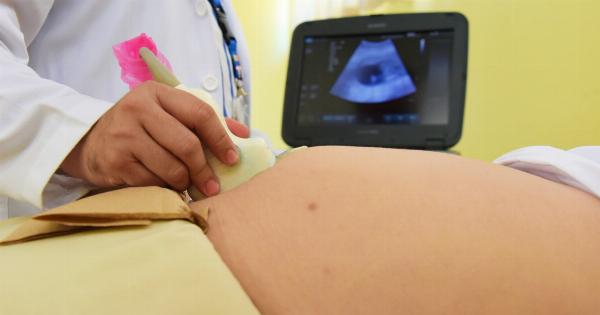Viral gastroenteritis, commonly referred to as stomach flu, is a highly contagious illness that affects the stomach and intestines.
It causes inflammation and irritation of the digestive tract, leading to symptoms such as diarrhea, vomiting, abdominal pain, and nausea. This condition is typically caused by viral infections, most commonly norovirus and rotavirus.
Causes of Viral Gastroenteritis
The most common cause of viral gastroenteritis is the norovirus.
This virus is highly contagious and can be easily transmitted through contaminated food or water, close contact with an infected individual, or touching surfaces that have been contaminated with the virus. Rotavirus is another common cause of viral gastroenteritis, especially in young children.
Other less common viruses that can cause gastroenteritis include adenovirus, astrovirus, and sapovirus. These viruses can also spread through similar means as norovirus and rotavirus, although they are not as prevalent.
Symptoms of Viral Gastroenteritis
The symptoms of viral gastroenteritis usually appear within 1 to 3 days after exposure to the virus. Common symptoms include:.
- Diarrhea – often watery and frequent
- Vomiting – may be persistent
- Abdominal pain and cramping
- Nausea
- Fever – usually low-grade
- Muscle aches or headaches
- Loss of appetite
- Dehydration – can occur due to fluid loss
It is important to note that symptoms can vary from person to person, and some individuals may experience more severe symptoms than others.
Infants, young children, older adults, and people with weakened immune systems are more susceptible to developing complications from viral gastroenteritis.
Diagnosing Viral Gastroenteritis
In many cases, viral gastroenteritis can be diagnosed based on the symptoms and a physical examination. However, in some situations, additional tests may be needed to rule out other causes and identify the specific virus responsible for the infection.
Stool samples may be collected and analyzed to detect the presence of viruses or bacteria. This can help differentiate viral gastroenteritis from other gastrointestinal conditions caused by bacterial infections or parasites.
Treatment Options for Viral Gastroenteritis
As viral gastroenteritis is caused by a virus, antibiotics are not effective in treating the condition. The main focus of treatment is managing the symptoms and preventing dehydration.
Drinking plenty of fluids, such as water, clear broths, and oral rehydration solutions, is essential to replace the fluids and electrolytes lost through diarrhea and vomiting. In severe cases, intravenous fluids may be necessary to restore hydration.
Over-the-counter medications like anti-diarrheal drugs should be avoided unless specifically recommended by a healthcare professional, as they can prolong the infection.
Resting, maintaining good hygiene practices, and eating bland foods can also help alleviate symptoms.
Prevention of Viral Gastroenteritis
Preventing the spread of viral gastroenteritis is crucial to protect oneself and others from infection. Here are some important preventive measures:.
- Wash hands thoroughly with soap and water, especially after using the bathroom or changing diapers, before handling food, and before eating.
- Avoid close contact with individuals who have gastroenteritis symptoms.
- Do not share personal items, such as towels or utensils, with infected individuals.
- Clean and disinfect surfaces regularly, especially those that may have come into contact with the virus.
- Practice good food safety habits, including properly washing fruits and vegetables, cooking food thoroughly, and avoiding cross-contamination.
- Ensure proper sanitation in childcare settings and schools to prevent the spread of the virus among children.
When to Seek Medical Attention
In most cases, viral gastroenteritis resolves on its own within a few days without the need for medical intervention. However, it is important to seek medical attention if:.
- The symptoms are severe or persistent.
- There are signs of dehydration, such as excessive thirst, dry mouth, decreased urination, and dizziness.
- Blood is present in the stool or vomit.
- There is a high fever (>102°F) that lasts for more than a few days.
- The individual has a weakened immune system or other underlying medical conditions.
Medical professionals can provide appropriate guidance and support, especially if complications or special care are required.
Conclusion
Viral gastroenteritis, commonly known as stomach flu, is a highly contagious illness that affects the digestive tract. It is primarily caused by viruses such as norovirus and rotavirus.
The symptoms typically include diarrhea, vomiting, abdominal pain, and nausea. While there is no specific treatment for viral gastroenteritis, managing symptoms and preventing dehydration are important.
Practicing good hygiene, following food safety measures, and avoiding close contact with infected individuals can help prevent the spread of the virus. Seeking medical attention is necessary if symptoms are severe, persistent, or in cases of dehydration or other complications.






























